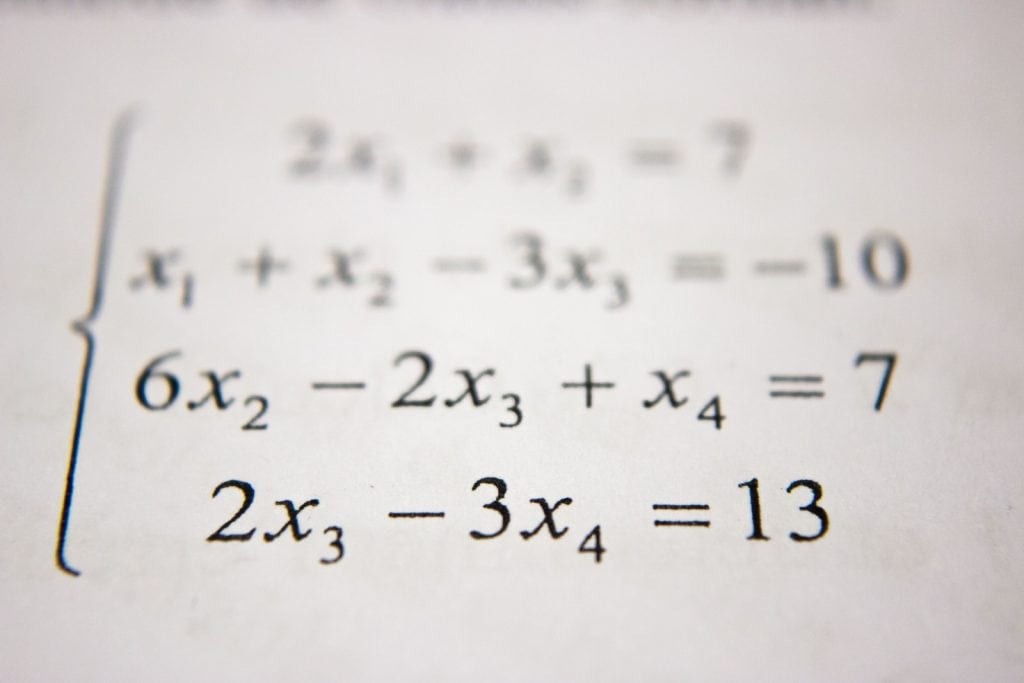So, do jigsaw puzzles help with math skills? Let’s find out! Jigsaw puzzles have long been a staple in many households as a form of entertainment and relaxation.
But did you know that they can also have a positive impact on the development of math skills, particularly in young children? In this article, we will explore the link between jigsaw puzzles and math skills, highlighting the various ways in which puzzle play can enhance key early math concepts.
Do Jigsaw Puzzles Help With Math Skills?
One of the primary ways in which jigsaw puzzles contribute to math skills is through the development of spatial transformation skills. Spatial concepts and skills, such as understanding shapes, sizes, and locations, are fundamental in mathematics. Research conducted in the field of developmental science has consistently shown that puzzle play can significantly enhance preschoolers’ spatial transformation skills, which are essential for math learning.

Furthermore, jigsaw puzzles provide a platform for parents to engage in spatial language with their children. Parental input, especially the use of spatial language like “up,” “down,” “left,” and “right,” during puzzle play, has been found to boost children’s spatial thinking abilities. A study funded by the National Science Foundation found that parents who frequently used spatial language during jigsaw puzzle activities had children with better spatial skills compared to those with limited spatial language exposure. This highlights the importance of incorporating spatial language into puzzle play to maximize its benefits for math puzzles solving skill.
In addition to spatial transformation skills, puzzles also contribute to the development of fine motor skills. Manipulating puzzle pieces and fitting them together require precise hand-eye coordination and control over finger movements. As children practice their fine motor skills while solving puzzles, they are also indirectly honing their problem-solving and critical thinking skills, both of which are vital in mathematical reasoning.
Moreover, jigsaw puzzles provide an opportunity for children to mentally transform shapes in their minds. By manipulating the puzzle pieces mentally before physically fitting them together, children are engaging in a mental transformation task. This mental rotation ability, which is often required in complex math problems, can be strengthened through regular puzzle play.

Interestingly, the benefits of jigsaw puzzles for math skills are not constrained to children from higher income families. Research has shown that children from diverse socioeconomic backgrounds can equally benefit from puzzles’ effects on spatial thinking and mathematical development. This suggests that jigsaw puzzles can play a crucial role in narrowing the achievement gap in mathematics, providing all children with equal opportunities for cognitive growth.
To optimize the impact of jigsaw puzzles on math skills, it is important to consider the level of difficulty. Studies have found that children exposed to more complicated puzzles tend to show higher levels of spatial reasoning and problem-solving abilities. It is therefore recommended to gradually increase the complexity of the puzzles as children progress in their mathematical development, ensuring that the puzzles continue to challenge and engage them.
Integrating puzzle play into educational settings, particularly in early childhood classrooms, can further enhance children’s mathematics development. Incorporating puzzles into STEM disciplines can help children understand and apply mathematical concepts in a hands-on and interactive manner. By utilizing the same puzzles in mathematical activities, children can develop a deeper understanding of spatial reasoning and problem-solving, which are essential components of mathematics.
Jigsaw puzzles are not just a form of entertainment but also a valuable tool for enhancing math skills, particularly spatial thinking and problem-solving abilities. Through puzzle play, children can develop key early math concepts, fine motor skills, and critical thinking skills. Moreover, jigsaw puzzles provide an opportunity for parents to engage in spatial language with their children, further fostering their mathematical growth. Regardless of socioeconomic background, all children can benefit from the positive effects of jigsaw puzzles on math skills. So, the next time you gather around a jigsaw puzzle, remember that you are not just having fun but also laying the foundation for your child’s mathematical success.

